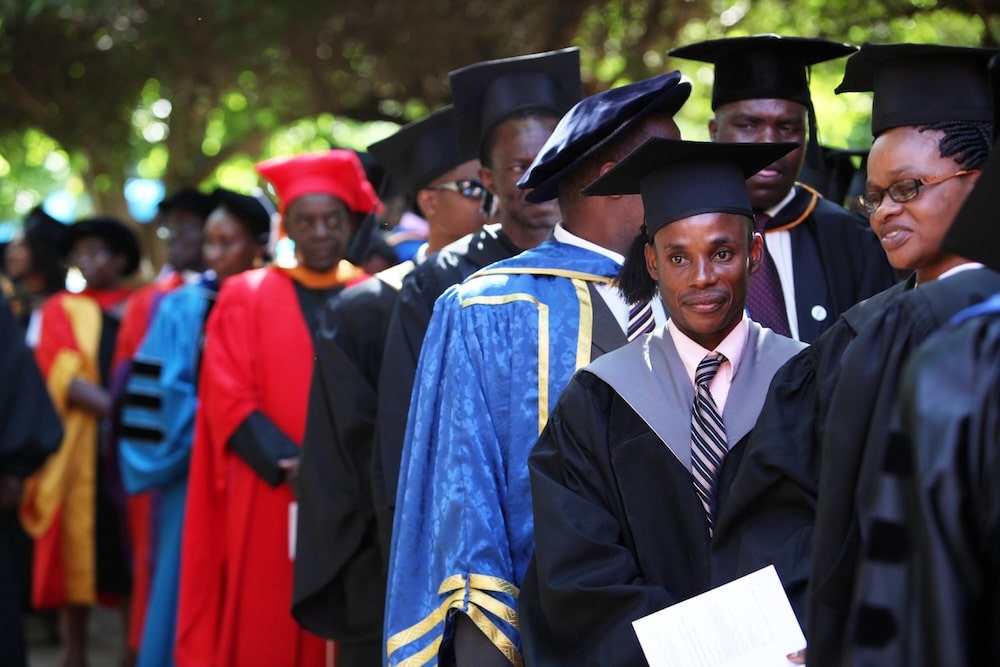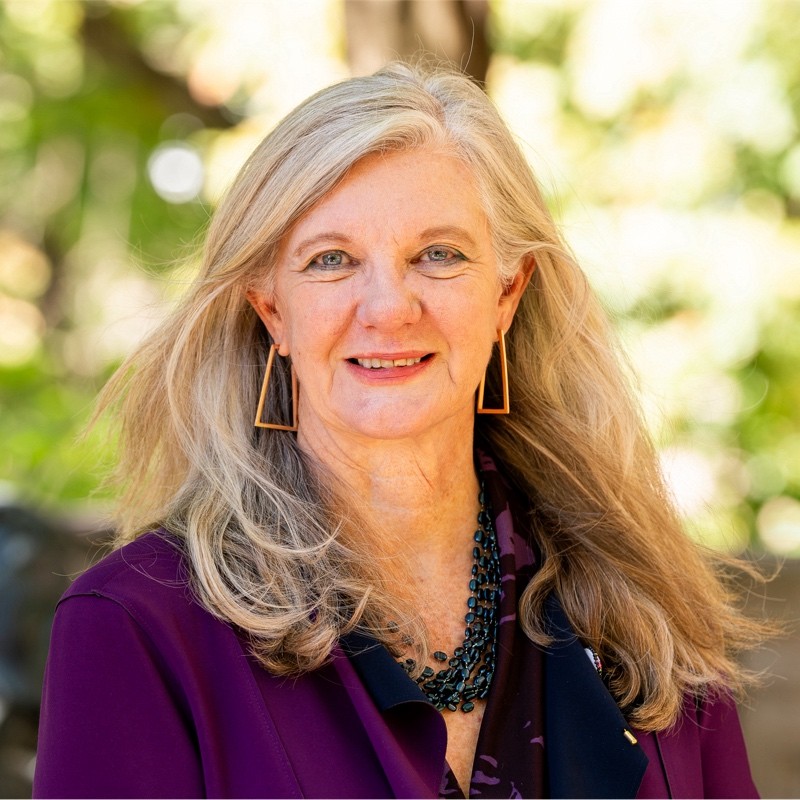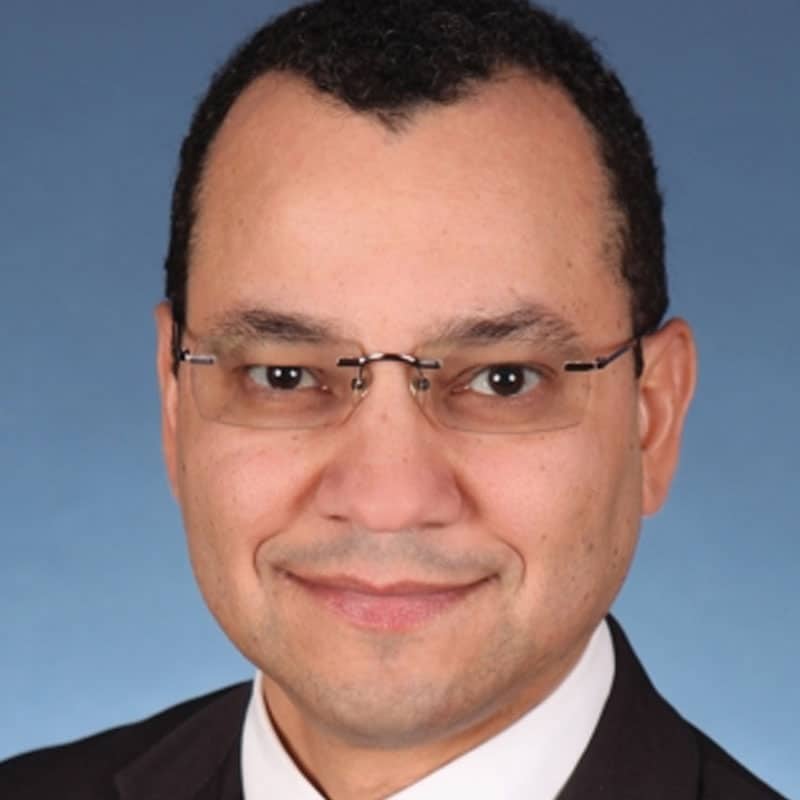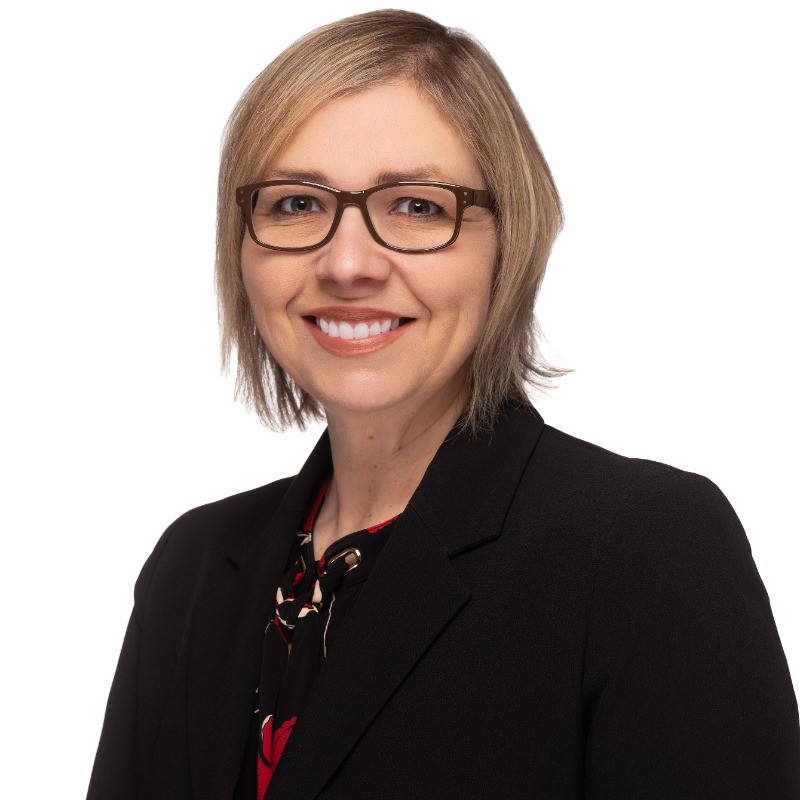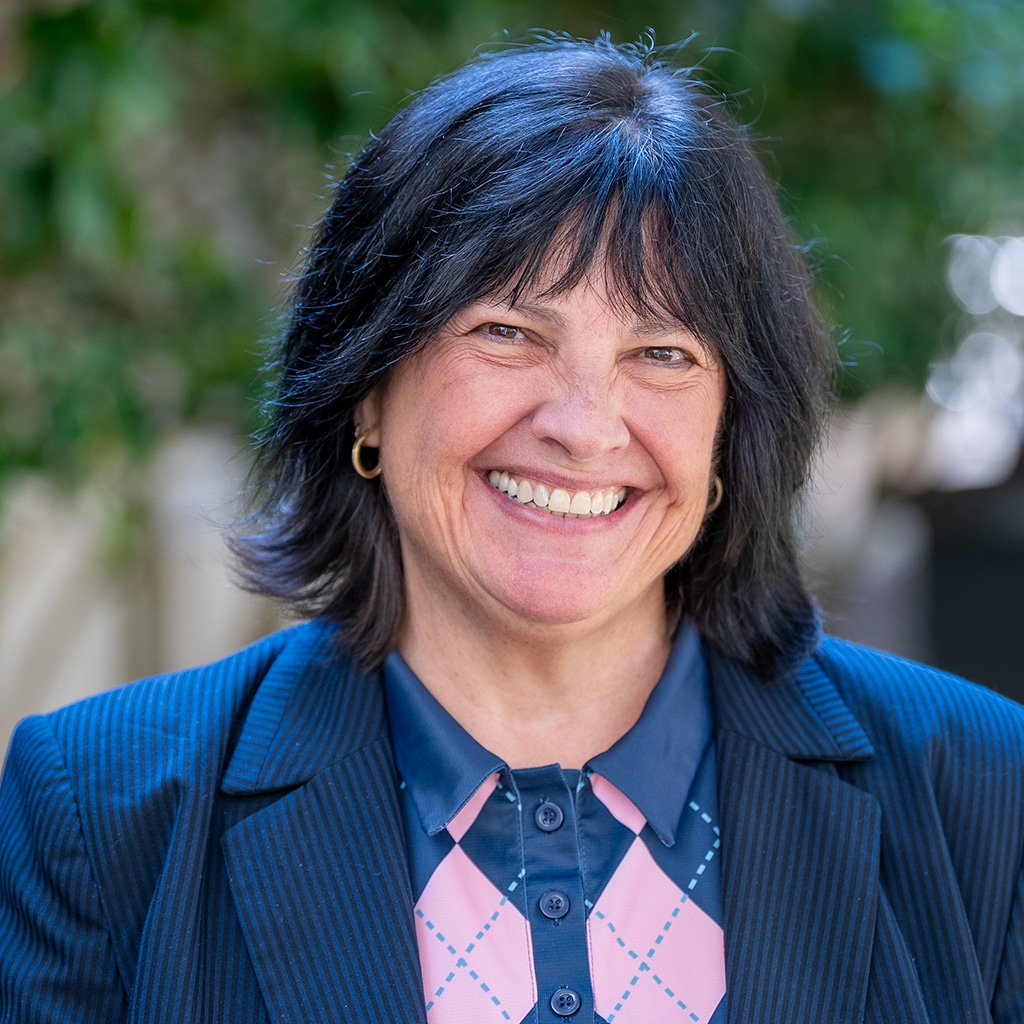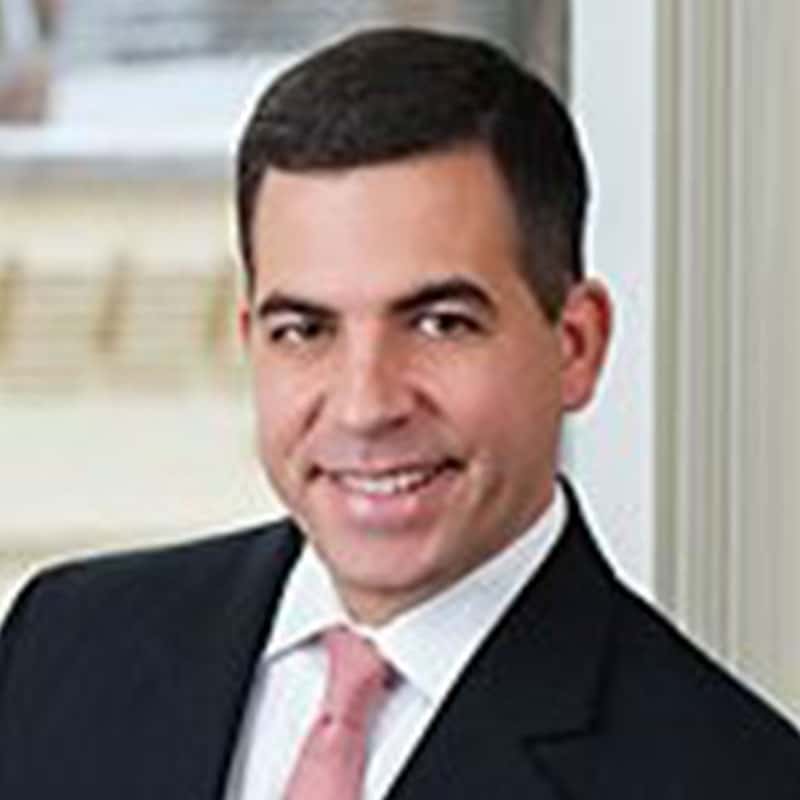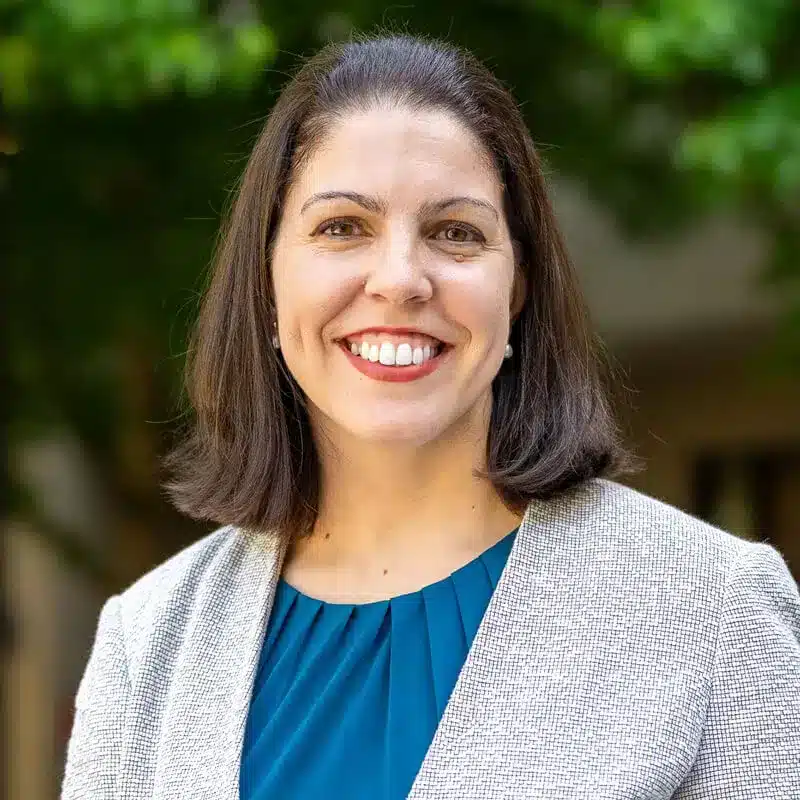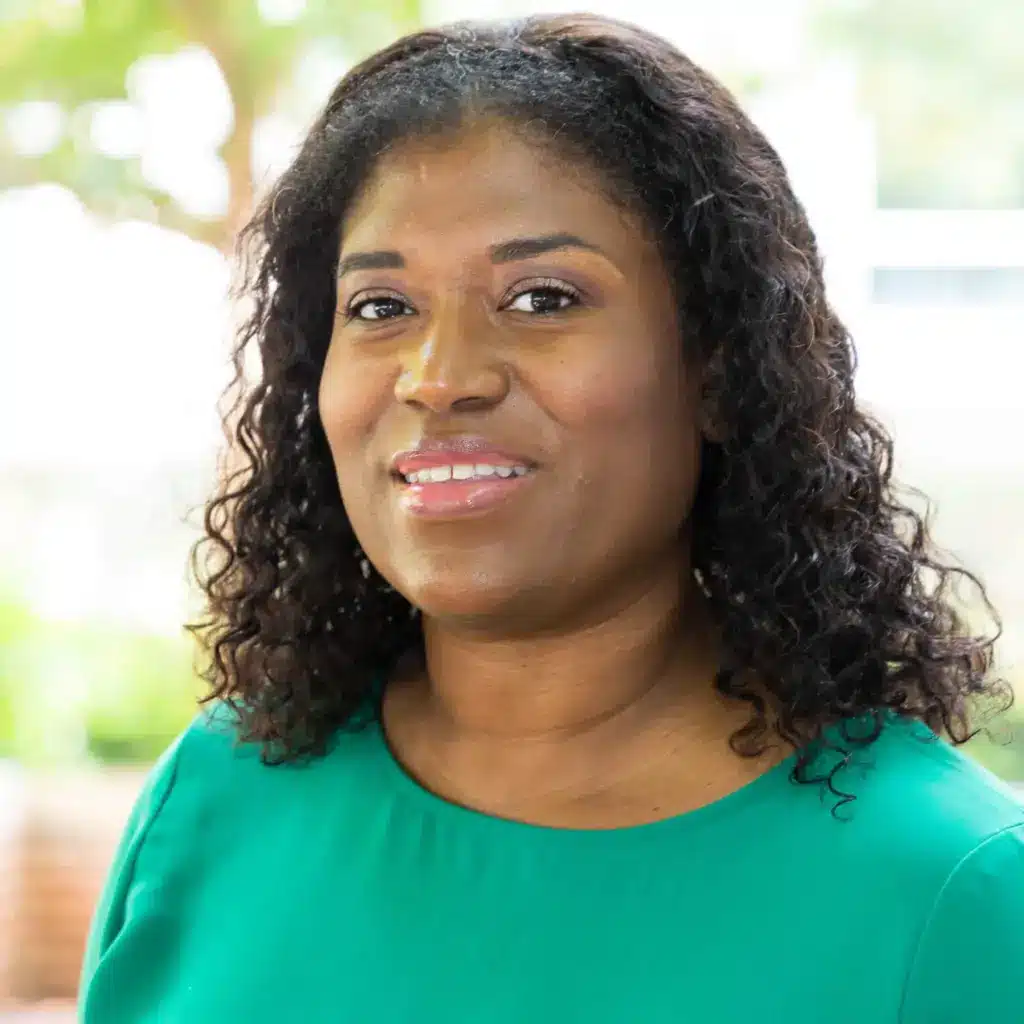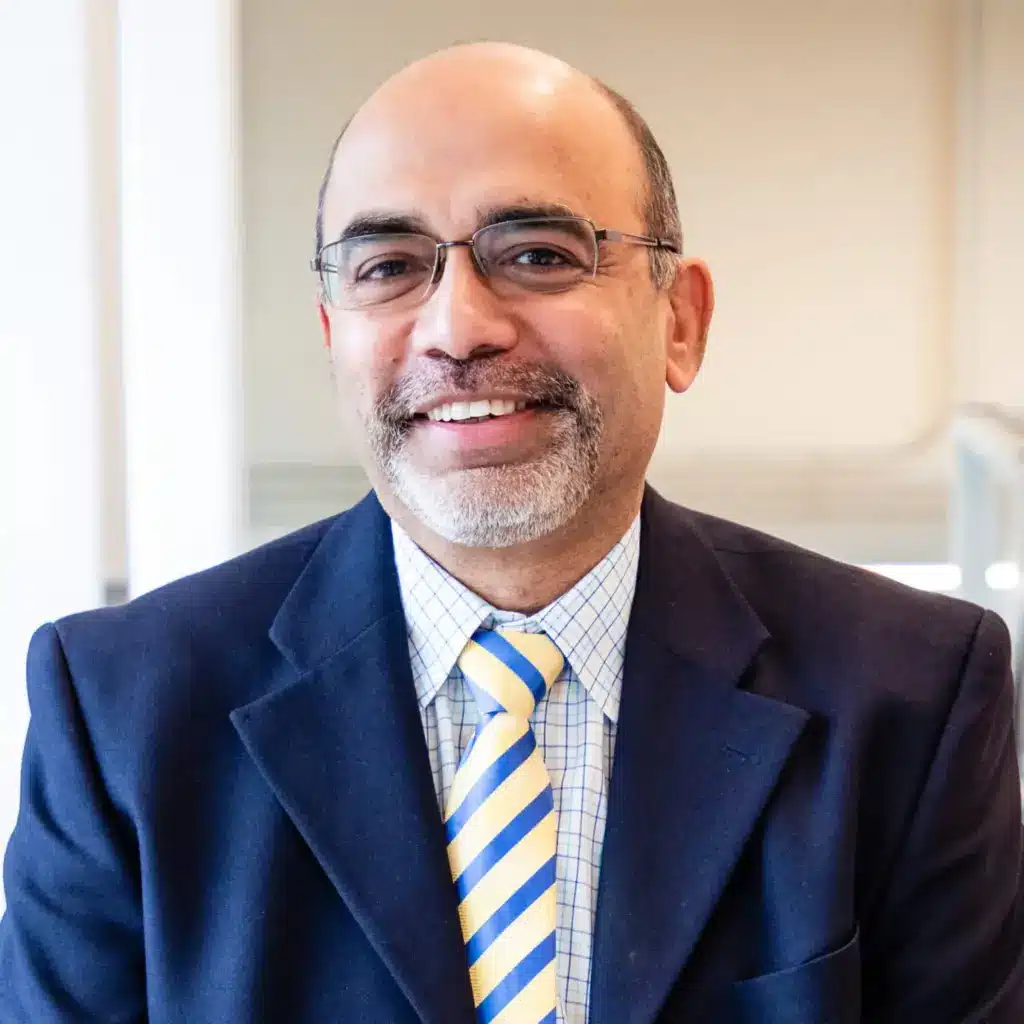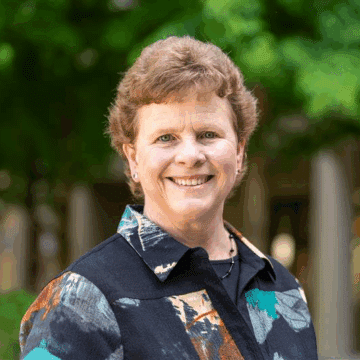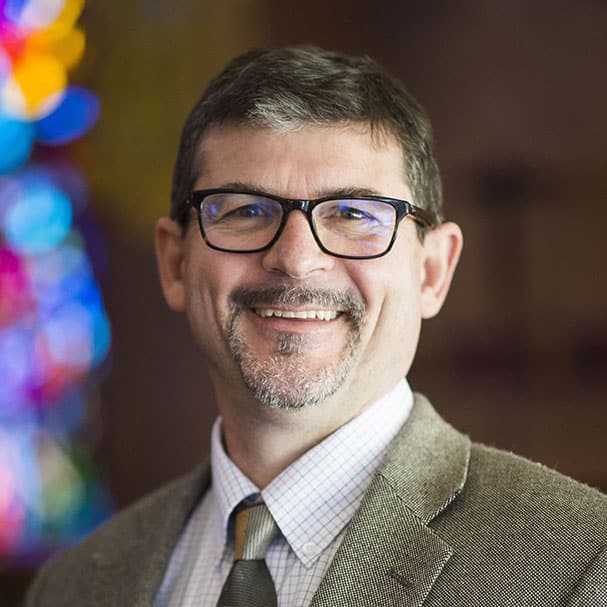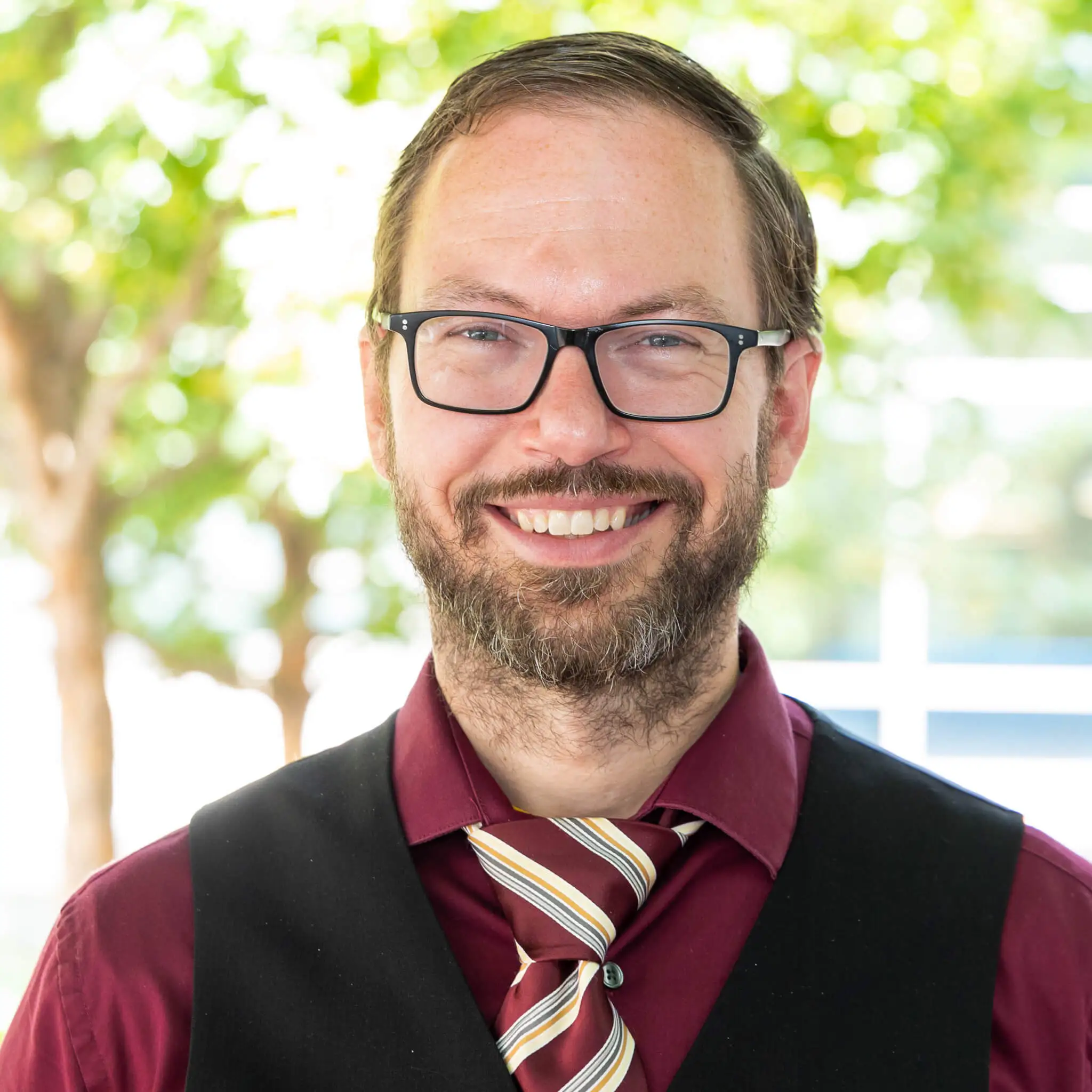The deacon’s stole is worn over the left shoulder and under the right arm. The scapular is a stole appropriate to both lay and clergy. Deacons may wear the alb (pulpit robe) or the academic robe. The alb is appropriate for all clergy and lay and for all worship services in all seasons. Read more here.
A church may not dismiss a deacon without prior consultation between the deacon and the Staff-Parish Relations Committee, nor without full knowledge of the district superintendent and bishop (¶ 331.10.e). It follows that a church ought not to change the job descriptions, covenants, compensation or total hours of the deacon without prior consultation with the deacon and with the district superintendent.
Dismissal can be recommended by the Staff-Parish Relations Committee, but an appointment change can be carried out only by the bishop and the bishop’s cabinet (¶ 258.2.g.11). If the Staff-Parish Relations Committee plans to discuss continued appointment of the deacon, it must inform the deacon in advance (¶ 258.2.e). The deacon shall be given a minimum notice of 90 days before final termination (¶ 331.10.e). (Paragraph references are from the 2016 Book of Discipline.)
Deacons are clergy and, in the United States, can file taxes as clergy. However, U.S. government legislators, not the church, make the tax rules, and the Internal Revenue Service implements the rules. Learn more about ordained deacon tax information through the General Council on Finance and Administration tax packet.
A deacon is appointed by the bishop to ministry in a local congregation (where about 80 percent serve) or in a church-related, faith-based or secular setting. Since the Order of Deacons was created in 1996, ordained deacons have carried the church outside its traditional walls to minister to the homeless, work with labor unions, in health care and more. Deacons have founded nontraditional ministries, too. Other service possibilities include musical, editorial and writing, educational, age group, artistic, mission-based and other posts.
Like the elder, the deacon is appointed by a bishop. However, unlike an elder, a deacon is non-itinerant. His or her appointment may be initiated by the deacon, an agency seeking his or her service, the bishop or the district superintendent. Many deacon positions are shared regularly on the UM Deacons page on Facebook.
“Call” is God’s invitation to use God-given gifts and talents to minister in the church and in the world. A deacon is called to serve all people, particularly the poor, the sick and the oppressed, and to equip and lead the laity in ministries of compassion, justice and service in the world. The deacon’s leadership role exemplifies Christian discipleship, creates opportunities for others to enter into discipleship and connects the church’s worship with its service in the world. Help in determining God’s call and specific resources are available at www.explorecalling.org.


